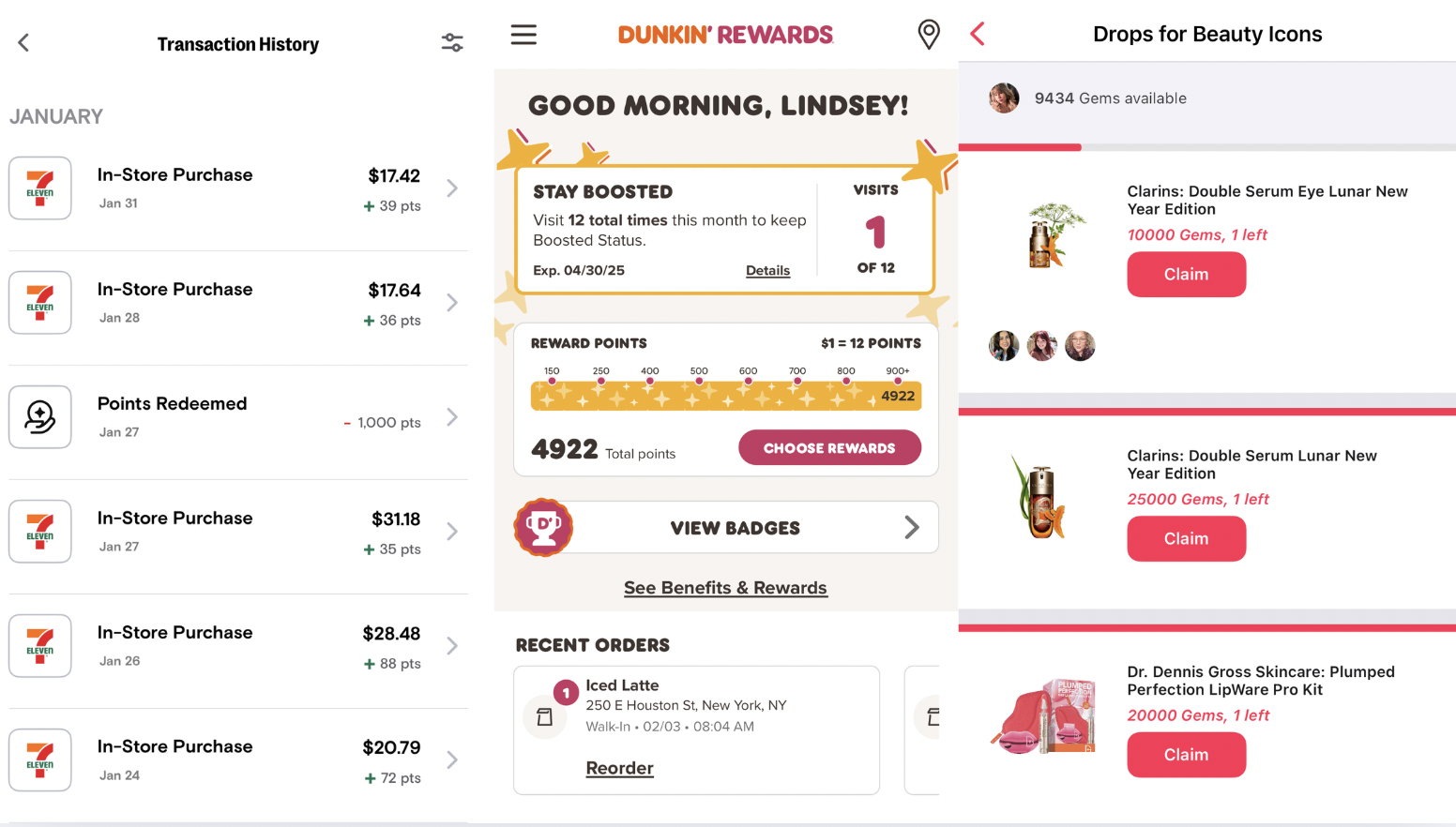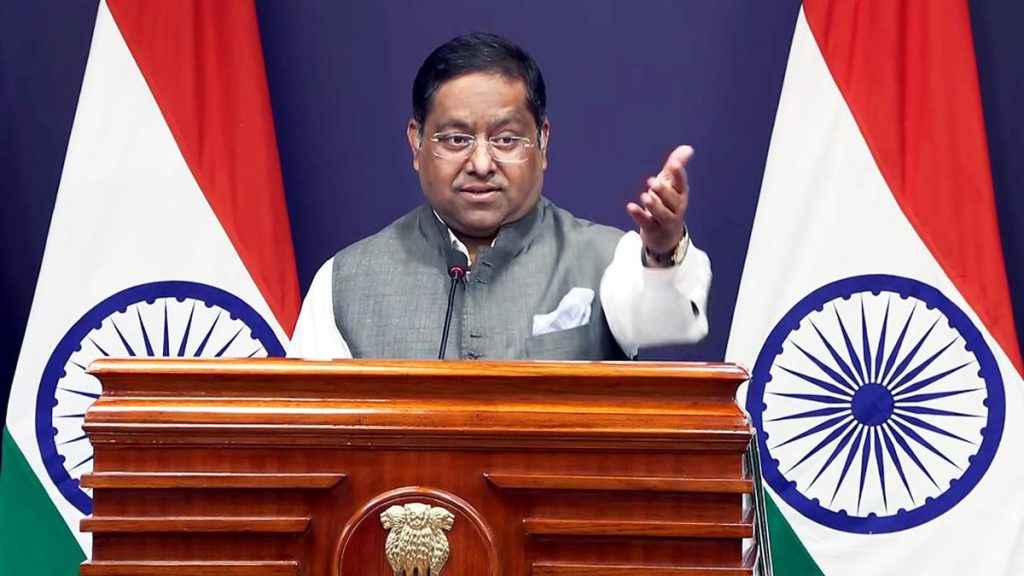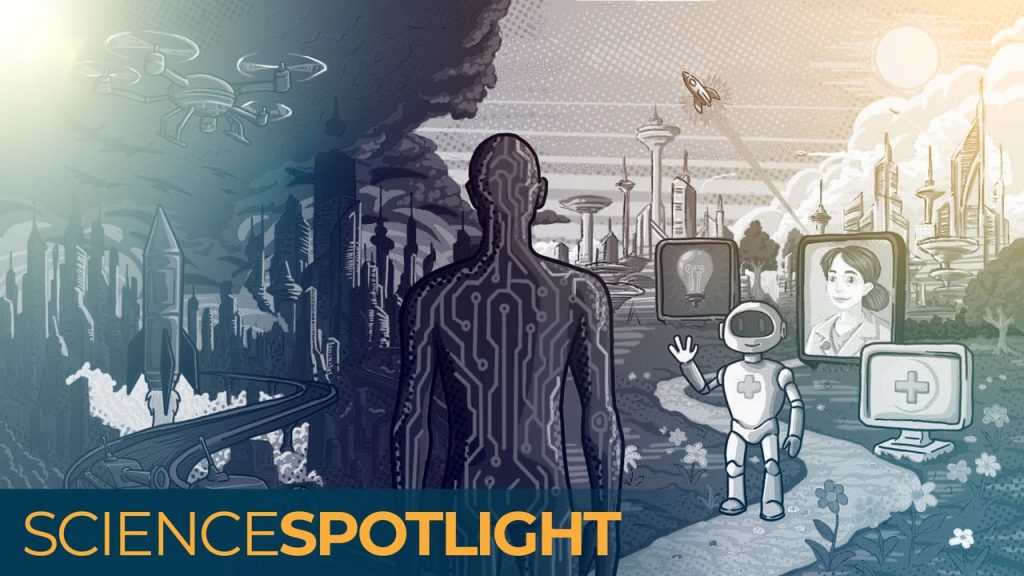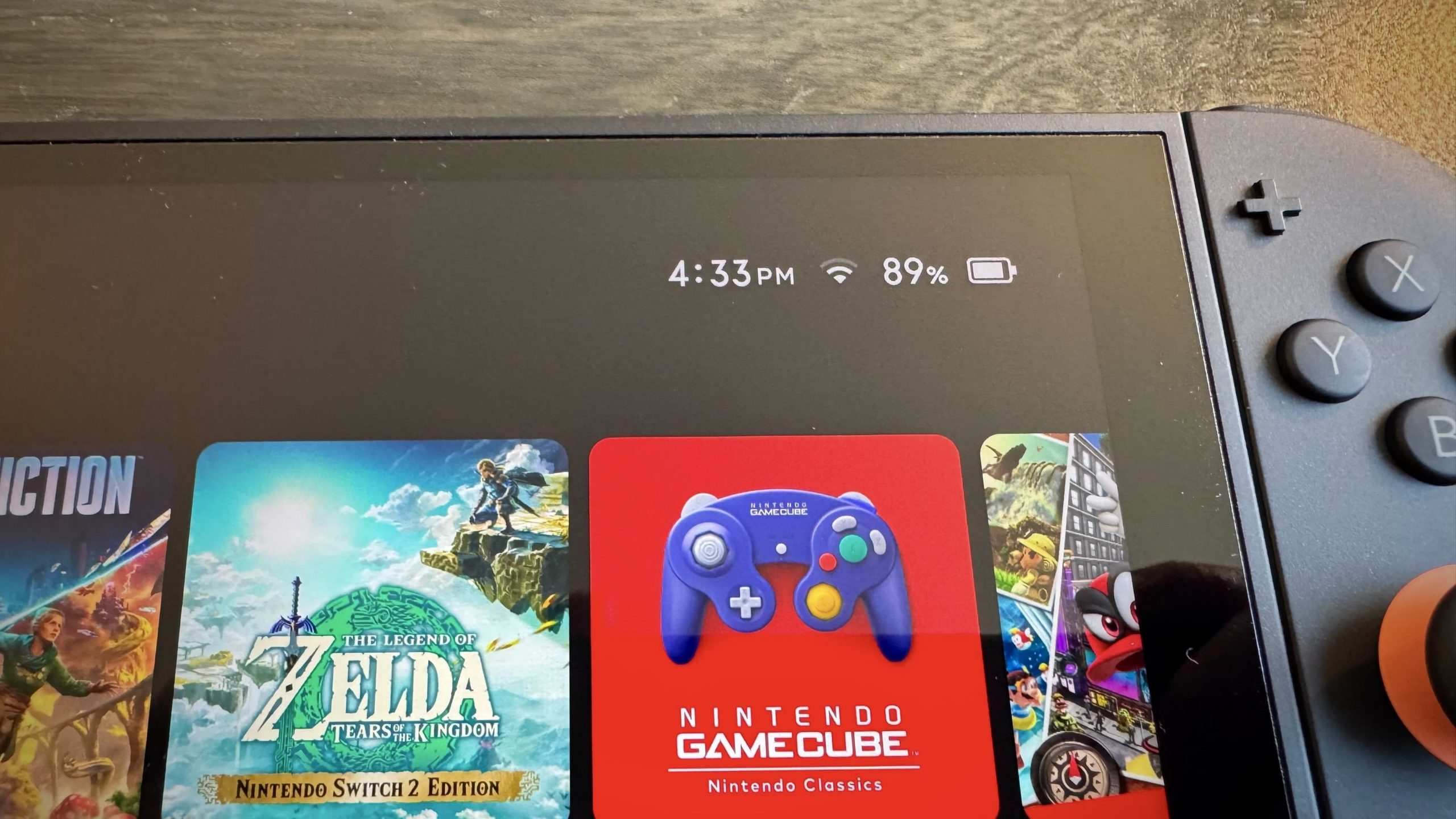Now Reading: 8 Apps That Help You Score Freebies
-
01
8 Apps That Help You Score Freebies
8 Apps That Help You Score Freebies

Quick Summary
- Lifehacker discusses a variety of mobile apps that offer ways to earn freebies and rewards.
- Examples include Dunkin’, McDonald’s, 7-Eleven, Seated, Claim, Influenster, Iris, and Goss.
– Dunkin’: Earn points through purchases which can be redeemed for free drinks/snacks with boosted benefits for frequent users.
– McDonald’s: Free items like fries or cheeseburgers through minimum spending and app promotions. Loyalty points accumulate quickly.
– 7-Eleven Rewards: Offers discount credits based on purchases; users can enhance savings through weekly specials.
– Seated: Cashback on reservations at restaurants that can be converted into gift cards or cash.
– claim allows Venmo reimbursements (e.g., $10 per visit) at pre-selected establishments when linked to a debit card/account.
– Platforms like Influenster and Iris: Users review beauty/skincare products in exchange for free samples or higher-value items based on app activity/levels without the need to spend money directly.
- Some apps require active engagement via reviews or challenges-for exmaple:
– Goss: Gamifies bets on pop culture predictions for credits redeemable as products (currently under maintainance).
- Privacy caution is noted regarding sharing personal data in exchange for rewards.
Images:
- Multiple screenshots featuring app interfaces such as Dunkin’, McDonald’s Rewards App, Seated app interface.
Indian Opinion Analysis
The digital ecosystem providing “freebies” continues to expand globally with increasingly gamified experiences encouraging customer retention. for India-where mobile penetration is rapidly increasing-such models could appeal strongly to urban consumers seeking value amidst rising living costs. Apps offering incentives tailored around routines (e.g., food delivery discounts or cashback) resonate well here due to their practicality.
However, privacy concerns demand attention too; trade-offs between accessing such offers versus sharing personal data are critical considerations given India’s new digital regulation era under frameworks like GDPR-inspired Data Protection bill proposals. Local startups mimicking these loyalty-driven patterns also signal room-for ethical yet efficiently monetized markets outside store-convenience foods tailoring education-commerce similarly lucrative ecosystem cross emerging tiers wisely deflecting regulated oversight sustainably scaleability potentially innovation elsewhere sturdy adapt-neutralized only




























